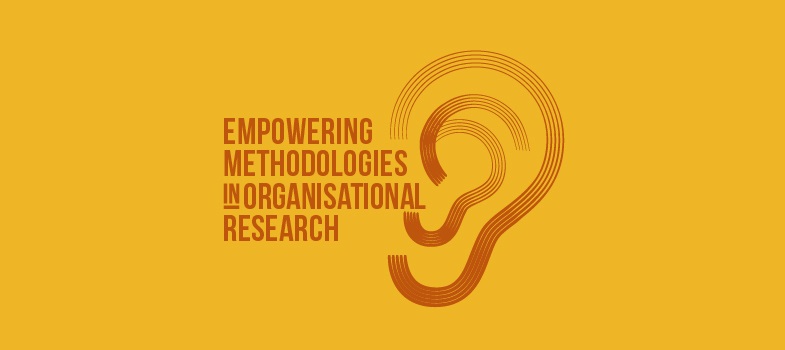2 Power, politics and ethics in studying organisations
Introduction
In recent years, much attention has been devoted to considering the ethics of organisational research. This mainly focuses on how we should act towards the people who are involved in our research, i.e. research participants, and how they might reasonably expect to benefit from their participation.
A key ethical principle at stake here is
To appreciate the nature of the ethical demands and political pressures described above, we first need to understand how organisational knowledge is produced. In recent decades, organisational knowledge has been profoundly shaped by the globalisation of business schools within universities, as the main institution where academics are employed to teach students and do research. Business school globalisation is driven by the increased geographical mobility of academics and students, which means that more and more business schools are in global competition with one another.
One of the ways that schools try to distinguish the quality of their educational programmes, and attract staff and students, is by seeking accreditation from international bodies such as the Association to Advance Collegiate Schools of Business [Tip: hold Ctrl and click a link to open it in a new tab. (Hide tip)] or EQUIS. A key performance indicator used by these bodies is the quality of the research that researchers in the school produce. This is measured using proxy indicators, such as the global ranking of the journal that the research is published in, the FT50 or the AJG Academic Journal Guide (AJG). Consequently, researchers face increasing pressure to publish in a small number of highly ranked North American journals, many of which are dominated by the positivist tradition (Grey, 2010).
Macdonald and Kam (2007) argue that the rise of a global academic ‘publish or perish’ culture has resulted in business researchers employing gamesmanship to maximise their chances of success. A key tactic involves writing papers that reviewers (who decide whether work is good enough to be accepted by a journal) are likely to regard as uncontroversial. To achieve this, researchers are more likely to use methods that are broadly accepted within the field rather than experiment with new research approaches. This includes using quantitative methods, which are widely assumed to be more rigorous than qualitative methods and are more common in highly ranked management journals (Bell, Kothiyal and Willmott, 2017). They are less likely to challenge existing theory: a practice referred to as ‘gap-spotting’, rather than ‘problematisation’ (see Sandberg and Alvesson, 2011 for a summary).
While these political pressures are experienced by organisational researchers across the globe, they can be particularly powerfully felt by researchers in the
As a consequence of these political pressures, organisational researchers may assume – or are told by established scholars – that empowering research is too risky because it is insufficiently rigorous, systematic or scientific. This brings us back to thinking about ethics and specifically to the question of who research is for: this involves considering the purposes that organisational research serves and the responsibilities that researchers have towards others and the world around them, especially those who are disadvantaged, oppressed or exploited as a consequence of organisational logics that are founded on modernist values of scientific rationalism, based on an Enlightenment view of progress that developed in the
The dominant paradigm in management and organisation studies is based on a
However, organisational researchers working in the
This provides the context within which we encourage you to think about doing empowering research as a way of producing knowledge that challenges dominant research norms that perpetuate elitist structures and reinforce
In summary, empowering research involves challenging the resurgence of conservative, technocratic and



